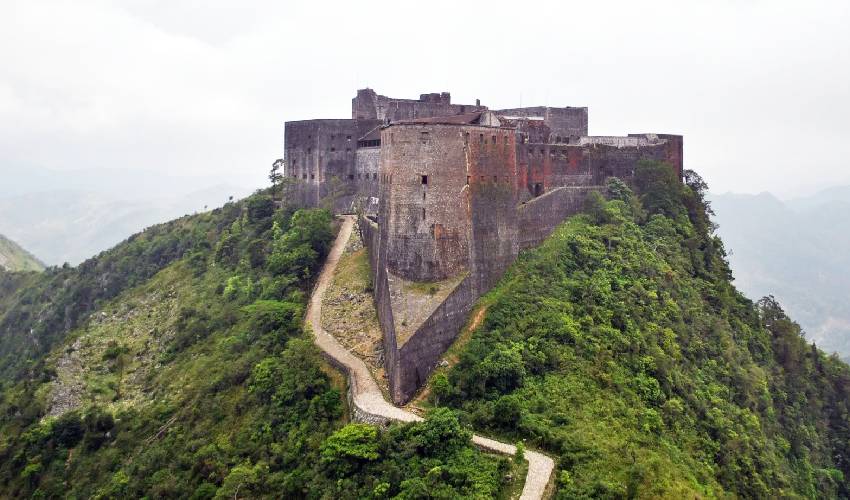Haiti’s Prime Minister, Ariel Henry, has agreed to step down, paving the way for a transitional authority.
The President of Guyana announced the development after a regional meeting on a gang uprising that has thrown Haiti into turmoil.
Henry, who assumed power shortly before the assassination of Haiti’s president in 2021, faced mounting pressure, notably from the United States, to cede control amid worsening chaos in the already impoverished and unstable nation, which lacks a functioning president or parliament.
The resignation of Prime Minister Ariel Henry was confirmed during a press briefing by Irfaan Ali, President of Guyana, who chairs the regional body CARICOM.
CARICOM convened the emergency meeting in Jamaica in response to the escalating violence by armed gangs, primarily in Haiti’s capital, Port-au-Prince. The nation, already the poorest in the Western Hemisphere, has descended into a state of lawlessness, marked by rampant violence, looting, and mounting concerns over famine.
A state of emergency has been declared in Port-au-Prince and its environs for a month, with an extended nighttime curfew in place through Thursday, though enforcement by the overstretched police force remains uncertain.
Throughout the summit, CARICOM leaders engaged virtually with Prime Minister Henry and other Haitian representatives.
US Secretary of State Antony Blinken, who participated in the meeting, pledged an additional $100 million to support an international stabilization force, bringing the total US commitment to $300 million since the crisis escalated in recent years. Additionally, Blinken offered $33 million in immediate humanitarian aid.


